24xDVDRip | AVI / XviD, ~729 kb/s | 640×480 | ~24×30 min | English: MP3, 128 kb/s (2 ch) | + PDF Guide + Audiobook | 4.94 GB
Genre: Psychology and Behavior, Biology
“What is the best way to prove a case, create a rule, solve a problem, justify an idea, invent a hypothesis, or evaluate an argument? In other words, what is the best way to think? Everyone has to think in order to function in the world, and this course will equip you with the tools to reason effectively in your pursuit of reliable beliefs and useful knowledge. Whether you are a budding philosopher searching for ultimate truths, a science student grappling with the nature of scientific proof, a new parent weighing conflicting childrearing advice, or a concerned citizen making up your mind about today’s issues, Tools of Thinking will help you cut through deception and faulty reasoning to get closer to the essence of a matter.”
In Tools of Thinking, Professor Hall turns his friendly but intellectually rigorous approach to the problem of thinking, introducing you to a range of effective techniques, including:
Deduction: This form of reasoning reaches a conclusion based on a set of premises; if the premises are true, then the conclusion necessarily follows. The classic case of deduction is the Euclidean proof in geometry.
Induction: Less ironclad than deduction, this approach surveys the evidence and then generalizes an explanation to account for it; the conclusion may be probable, but it is not certain. Scientists typically use inductive reasoning.
Syllogism: This is a simple but powerful deductive argument with two premises and a conclusion. An example: “All Greeks are mortals. All Athenians are Greeks. Therefore, all Athenians are mortals.”
Boolean Algebra: Invented by George Boole in the 19th century, this system, also known as Boolean logic, gave new flexibility to logical analysis and contributed to the development of the computer.
Avoiding Fallacious Reasoning: Inferences and explanations that rely on irrelevant “evidence” fail, being guilty of the fallacy of non sequitur. An example of this is ad populum, which amounts to inferring that a point of view or opinion must be true because it is widely held.
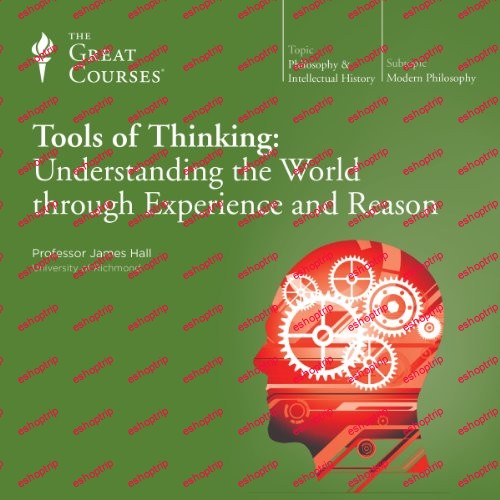
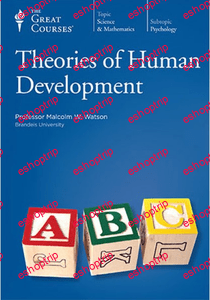



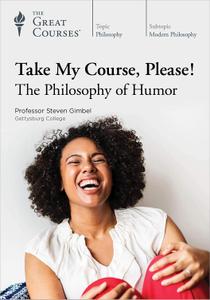
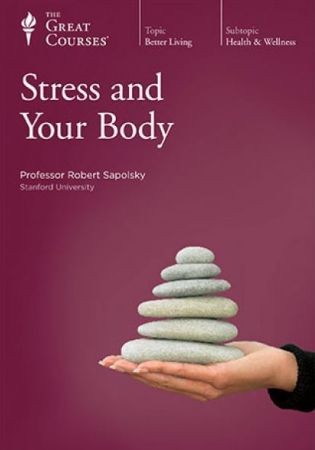



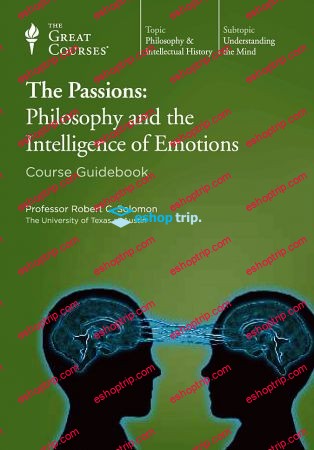
Reviews
There are no reviews yet.